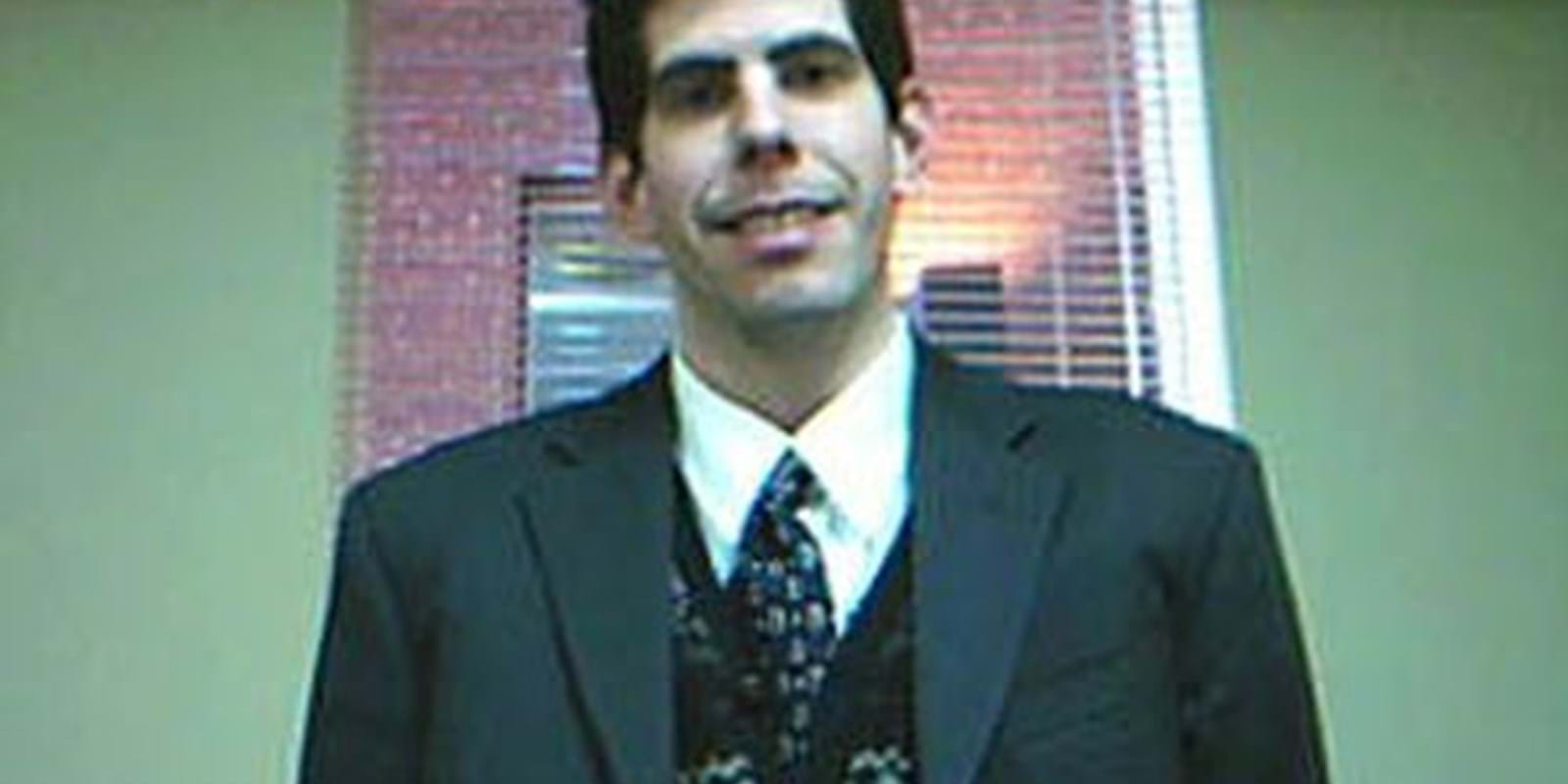In a Quebec rental market where rental rates are largely ruled by the Rental Board, the smallest of expenses influence the profit margins of a dwelling. To attenuate this phenomenon many owners of apartments opt, inter alia, for renting a hot water boiler as a practical solution for not having to keep these hot water boilers in good condition themselves and as a way to shift a portion of the annual bill for maintenance of the dwelling to the tenants by having them pay the rent for the hot water boiler. There is, however, a surprise awaiting the landlords.
It seems important to us to undo certain myths and to adequately inform the landlords about all the implications deriving from a hot water boiler rental contract.
Many landlords think that they are entirely free from all obligations when the tenant takes charge of renting a hot water boiler. Let there be no mistake; on the contrary, be well advised that, in some cases, the tenant will not be the principal person responsible for the account.
Indeed, the principal person responsible for the account may remain the landlord who, by the way, is the only one entitled to authorize such an installation. Moreover, some contracts hold that the landlord is equally responsible for the rental payment of the hot water boiler and remains responsible in case the tenant leaves the rented apartment.
In some contracts only the tenant commits himself to be responsible likewise for the payment of the rental fees. The company leasing the hot water boiler can then transfer the invoice to the landlords.
Departure or non-payment by the tenant
When the landlord receives an invoice caused by the precipitated departure of his tenant or because the tenant has stopped paying the fees for the hot water boiler, non-payment will not be the best solution at that moment.
Indeed, the company leasing the hot water boiler may, as is the case in some contracts force the landlord to buy the hot water boiler or simply take it back if the latter decides not to pay the fees of his '' bad-paying '' tenant.
We suggest thus that the landlords pay the invoice first and reclaim it later from the tenant by means of a recourse to the Rental Board. This way, you will avoid creating a situation that could cause prejudice to a new tenant, such as, for instance, the withdrawal of the hot water boiler.
However, should you wish that your tenant be responsible for the leasing of the hot water boiler, it is very important to stipulate in the lease that the leasing of the hot water boiler must be paid by the tenant in order to be able to reclaim these amounts. The Rental Board explains that the fact of prescribing « hot water » to the responsibility of the tenant in the lease does not imply that he should pay for the leasing of the hot water boiler but only for the energy fees related to the use of hot water.
However, another viable and efficient solution to avoid any unexpected invoices would be to include in the cost of the rent the amount of the leasing of the hot water boiler and to pay the invoice yourself. This way, the tenant failing to pay for the leasing of the hot water boiler could cause termination of his [rental] lease because such payment would have been included in the cost of the rent which would not be the case with non-payment of the invoice. Do not forget that if the rental cost increases, you cannot always increase your tenant’s rent with the same amount because you will have to respect the rate established by the Rental Board.
Although the principle of the leasing of a hot water boiler may be an interesting alternative in order to allow the landlord to have peace of mind as far as the maintenance of the hot water boiler is concerned, he should not forget whatever such a leasing implies for him.
We hope that this advice may have informed you adequately about the leasing of a hot water boiler and all that it implies.

